- Details
- Category: Industry News
The heat is on in Florida. As the nation keeps a close eye on the Sunshine State as tourism reopens in the face of what seems to be ever-rising COVID numbers, the luxury ground transportation industry and its representatives have been hard at work to keep the industry strong during these unprecedented times.
In late June, the Florida Limousine Association (FLA) announced that their three-year struggle with the state legislature came to a climax when the TNC bill (HB1039) was signed by the governor. This law is designed to even the playing field with the likes of Uber and Lyft by letting luxury ground transportation companies operate as TNCs. On Wednesday, July 8, the FLA hosted a virtual meeting designed to help Florida operators transition their companies into this new business model.
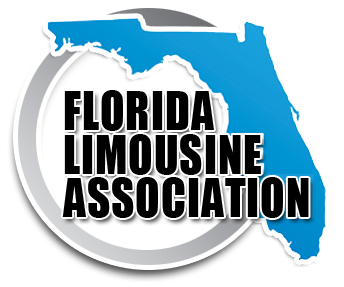
As Luxury Ground Transportation TNCs (LGTNCs), operators can now operate statewide without paying individual fees to the local municipalities/counties. However, this new status requires companies to register in the state and adhere to numerous guidelines. For instance, LGTNCs must:
- Perform their own background checks on their TNC drivers
- Use a digital platform to connect riders with drivers via a smartphone app (e.g., Limo Anywhere, Santa Cruz, etc.)
- Have a smartphone app that displays a photo of driver along with complete transaction details including all costs/fees
- Have $1 million auto liability coverage per vehicle
- Disclose that coverage to their TNC drivers
In addition to following these mandates, each company must declare that the business has transitioned to an LGTNC operation to the state department of finance and local regulators.
As this is a new road for all Florida operators, the FLA advises their members to have a CPA do an evaluation of your operation to make sure you are in full compliance with the law. Failure to meet guidelines can result in a $10,000 fine. FLA created a PDF that can help lend some clarity to the new classification, which can be found here.
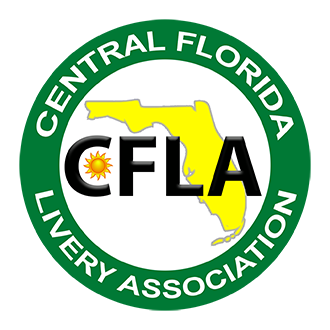
When the Central Florida Livery Association (CFLA) held their membership meeting via Zoom on July 14, HB1039 and its implications on operators in Florida were chief among the topics discussed. CFLA President Wendy Kleefisch of Brevard Executive Limousine welcomed Tom Draper and Ratib Hussein from the Orlando International Airport (MCO) to discuss the changes in procedures if a company becomes an LGTNC.
First and foremost, TNCs are prohibited from any curbside meet and greet procedure and the use of the “tunnel” in the ground transportation concourse. While the tunnel is currently closed due to COVID restrictions, this was something of a “deal breaker” for operators who service high-ticket clients and VIPs. Hussein, who serves as the airport’s assistant manager of operations, informed members that companies that are registered as LGTNCs cannot hold a dual permit that allows them to also operate as a traditional limousine company. Essentially, it’s all or nothing. Draper, the director of airport operations, advised CFLA members to take their time, and not rush into a decision. He said that airport officials are on-hand to answer questions and help operators decide what’s best for them in the long run.
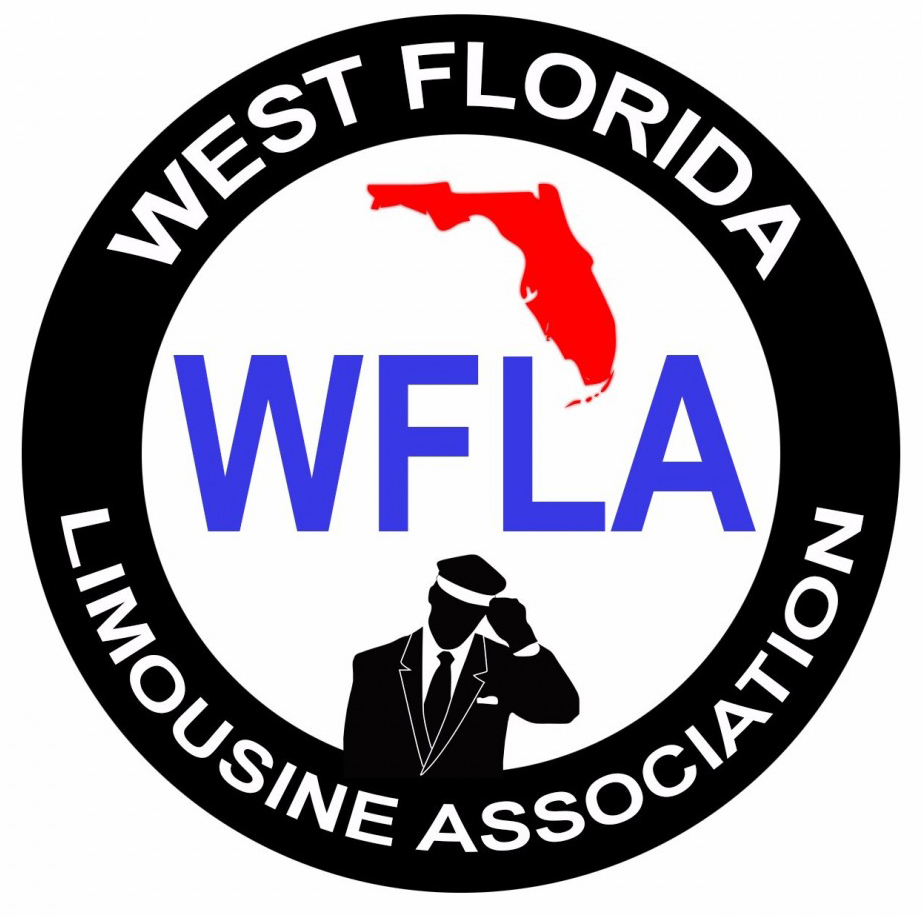
Also onboard the Zoom call was Joe Madiedo of Professional Insurance Center, who provided the pros and cons of becoming an LGTNC in regard to insurance premiums. He fielded questions from operators regarding the master policy that is required to operate as a TNC in the state.
On July 16, West Florida Limousine Association (WFLA) held a Zoom meeting to keep members informed of the changes and challenges in their market. The lack of work in the Tampa area remains a concern for all association members, although WFLA Secretary Tom Halsnik of Walsh Chauffeured Transportation was optimistic, as he’s seeing steady stretch limousine work. He is also seeing some positive feedback from a recent email blast he sent to his existing customer base. His clients were pleased that the company was still operating, so he suggested that the members do a similar marketing push.
HB1039 was also discussed, with some of the members thinking of it as a benefit for operators who serve the Miami region and Orlando. The group then engaged in a conversation about medical and paratransit opportunities, and the potential benefits (and difficulties) in taking on that work.
Visit floridalimousine.com, cfla.org, or wfla.org for more information.
[07.20.20]
- Details
- Category: Industry News
The National Limousine Association (NLA) just launched its Safety Video for 2020—the first of its kind in the NLA and the ground transportation industry as a whole. The video, entitled When It Matters, will serve as another asset for member operators to showcase the safety precautions they are taking to keep riders and drivers safe amidst the COVID-19 pandemic.
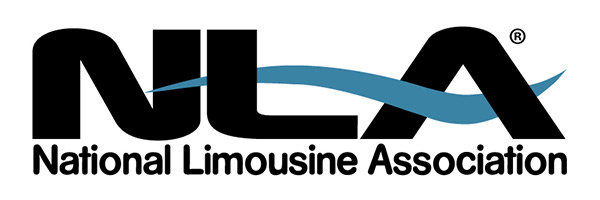
“It is with great pride that we continue to provide our membership with assets they can utilize as they continue to offer exemplary service as our country begins to reopen,” said NLA President Robert Alexander of RMA Worldwide. “We are committed to ensuring all those associated with the NLA are supported on an ongoing basis, and the best way to achieve this is by sharing collective resources to help operators regain stability and profitability.”
 NLA safety video entitled, When It Matters
NLA safety video entitled, When It Matters
The video, which allows operators to include their own logo and contact information, accompanies several additional initiatives the NLA has put forth to aid its members during this time of crisis. Current and future initiatives include:
- Creating a list of recommended hygienic protocolsfor drivers, operators, and riders in collaboration with the Global Virus Network. A protocol infosheet can be found here.
- Producing a motion graphic for operators to use internally that will serve as a guide for drivers to communicate effectively with riders about the safety precautions the NLA is taking to safeguard drivers and passengers.
- Hosting its first-ever No Operator Left Behind Virtual Summit to address topics ranging from the state of the travel industry in the wake of the COVID-19 pandemic to business tips for operators and best practices for the future.
Visit limo.org for more information.
[07.20.20]
- Details
- Category: Industry News
The American Bus Association (ABA) welcomed the new U.S. House of Representatives bill called the Coronavirus Economic Relief for Transportation Services (CERTS) Act, which is aimed to help the decimated motorcoach industry survive COVID-19 and was introduced by Reps. Darin LaHood (R-Ill.), Albio Sires (D-N.J), Alan Lowenthal (D-Calif.), and Don Young (R-Alaska).

The CERTS Act is a companion bill to the identically named Coronavirus Economic Relief for Transportation Services (CERTS) Act of 2020 in the Senate, which was introduced in early July by Sens. Jack Reed (D-R.I.) and Susan Collins (R-Maine). This bipartisan legislation would provide $10 billion in emergency economic relief funding in the form of grants (no less than 50 percent of total funding) and other economic assistance through the U.S. Department of the Treasury to motorcoach operators and school bus companies.
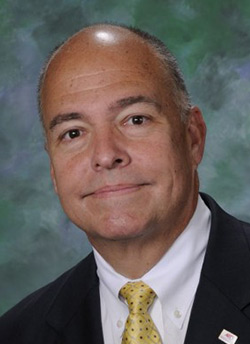 ABA President & CEO Peter Pantuso
ABA President & CEO Peter Pantuso
"We commend Representatives LaHood, Sires, Lowenthal, and Young for their leadership in recognizing the current plight of the motorcoach industry during this pandemic and taking action to help this critical industry survive," said ABA President & CEO Peter Pantuso. "We highlighted to Congress the error they made when they left us out of the CARES Act, and we are very pleased to see both House and Senate members of both parties working to now fix this oversight. The private motorcoach industry moves 600 million people a year—whether it is students, the military, commuters and leisure travel, we are moving America. If we are not there when America is ready to travel again, who will?"
According to the ABA Foundation, the $15 billion-a-year motorcoach industry is currently operating at about 15 percent of capacity because of COVID-19. As a result, most of the nation’s 3,000 bus motorcoach companies have had to furlough employees and their 36,000 vehicles are mostly idle. For those few companies that may operate very limited service, there will be significant additional operating costs as they observe public health recommendations for social distancing, cleaning, and the use of personal protective equipment (PPE). These added costs come on top of already high overhead and insurance costs for the industry, with new buses costing $500,000 or more. And the vehicles in operation may require not only significant debt service, but also ongoing maintenance so they are ready when called upon.
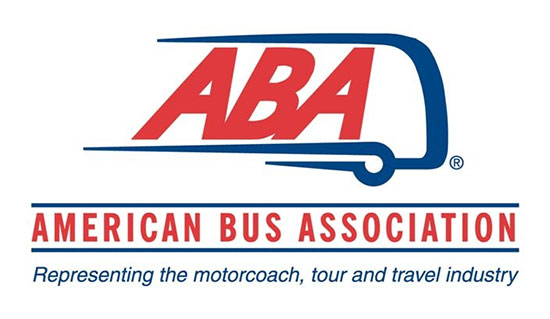
"This industry and its employees provide vital transportation services, playing an essential and critical role in the national transportation network. If the motorcoach industry fails, it will have a devastating and reverberating effect throughout the entire economy," said Pantuso. "The impact will affect not only the capacity of the national transportation network, but also schools, national emergency response capabilities, the manufacturing sector, the financial sector, the tourism sector and beyond. All citizens deserve vital, reliable, and affordable transportation services for their daily lives, and require safe and reliable transportation services."
The House bill does not yet have an assigned number. The text of the Senate bill, S.4150, can be read here.
Visit buses.org for more information.
[07.20.20]

